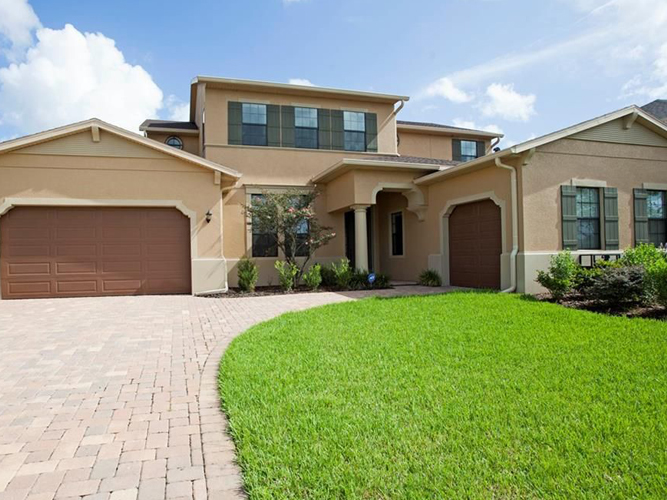Residential transactions differ in that they are considered a formally registered primary residence as opposed to vacation/second home/s or investment property. A primary residence is where you live most of the year and where you receive your mail. From a lender’s standpoint, a primary residence is also located near your place of employment. Mortgage loans for residents are easier to finance and easier to get. They typically have lower down payment requirements (as low as 3%), and you’re also eligible to use a variety of mortgage programs. These include conventional loans, VA loans, FHA loans, and USDA loans. A Florida residential purchase and sale agreement is a framework specifying the terms of a transaction between the seller of residential property and the buyer. The terms of the agreement (such as closing date, inspection period, financing type) will be negotiated by the two parties, as will the price. These items must be agreed upon before the purchase and sale agreement is signed. After signing (and therefore, executing the contract), the agreement can only be terminated if both parties agree (the main reasons for this would be failing to achieve loan approval or serious inspection issues for example). Florida, like most states, requires the sellers of residential real estate to notify potential buyers of the condition of the property, i.e., issues, defects, and any other flaws that would affect the property’s value.

